|
Jen Williams, The Copper Cat trilogy,
Epic and heroic fantasy trilogies are my best frenemies. When I pick up a new one I always long to find back that sweeping sensation I felt the first time I read Lord of the Rings but I usually end up casually throwing the book above my shrugging shoulders: "Been there, done that, read it to death a thousand times". Having read Diana Wynne Jones' Tough Guide to Fantasyland (with accompanying novels of Derkholm) doesn't help either. So, by the end of the fifth chapter of the Copper Promise, I was eyeing it pretty dubiously wondering if I should really need going any further. But read on, dear reader, because my adventure with the Copper Promise has a happy ending that includes a happy me... A thief, Wydrin, nicknamed the Copper Cat because of her hair, and her associate, a knight named Sebastian, are engaged by a young man, Lord Frith. Together, they will enter the Citadel, a formidable building set in southern lands, where the gods have been entombed centuries ago. So, yeah, a thief, a knight and one who becomes a mage get into an underground place to steal magical artefacts and riches... Hello, D&D players, sounds familiar? But basically, The Copper Promise tagline could be "Come for the D&D feel, stay for the characters". The storyline in the first volume is pretty much what one expects from your standard epic and heroic fantasy adventure. Williams raises the bar with a god and demons thrown into the mix, but it won't provide any surprise to a seasoned fantasy reader apart from some nice additions in the form of original artefacts. In the following volumes, despite remaining pretty traditional, the storylines nonetheless manage to avoid a formulaic progression. They also have a bit more depth and I've liked the theme of religious fanatism in The Silver Tide which isn't tackled that often in epic and heroic fantasy. It also should be noted that the second volume has kinda-mechas/golems and the third has pirates and time travel (cue nerd squees). But The Copper Cat trilogy's strength really is in the characters. Wydrin, Sebastian and Frith are all three very distinct characters and get full marks from me for the diversity (female character, gay character and brown skinned character with a disability in the first volume). The reader engages very quickly with them because they all have a unique voice, their actions are cohesive with who they are, they are sympathetic without being perfect and Williams manages a perfect balance with providing background without falling into any trapping of over exposition. When I had finished The Copper Promise I was unsure whether I would read on or move on. But I picked up the next volumes simply because I wanted to read more of the characters' adventures, all the way to an ending that becomes emotional because you came to really care about them. They are also the reason why I'll probably re-read that trilogy again at some point. Overall, I think that what makes The Copper Cat such a great read is Williams' writing. She manages to tell her story in a way that simply flows, with characters that truly come to life, something, I think, most writers would kill for. The storylines also gain in strength as the trilogy progresses, which is always a good sign for future publications. Everyone is currently raving about Williams latest story, The Ninth Rain, and having read The Copper Cat I have an inkling why. But any fantasy reader who can't afford the price of a recently published book or who, like me, prefers when more volumes are published to start on a new series, should pick up The Copper Cat trilogy for a very entertaining adventure story with great characters. The writer's website. If you've liked The Copper Promise, you may also like
0 Comments
Your comment will be posted after it is approved.
Leave a Reply. |
All reviews are spoiler free unless explicitly stated otherwise.
I only review stories I have liked even if my opinion may be nuanced. It doesn't apply for the "Novels published before 1978" series of blog posts. Comments are closed, having neither time nor the inclination to moderate them. |
WHAT IS THE MIDDLE SHELF?
The middle shelf is a science-fiction and fantasy books reviewS blog, bringing you diverse and great stories .
PLEASE SUPPORT AUTHORS.
IF YOU LIKE IT, BUY IT. |
ON THE MIDDLE SHELF
|
KEEP IN TOUCH WITH THE MIDDLE SHELF
|
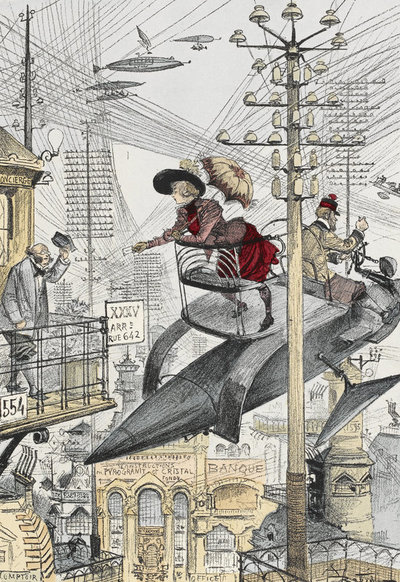


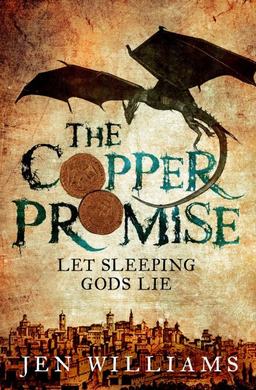
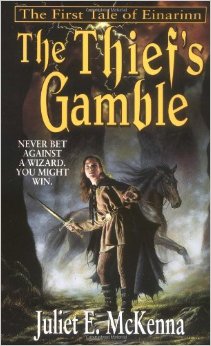
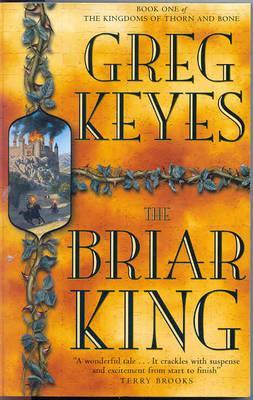
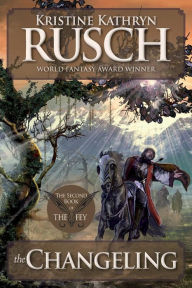
 RSS Feed
RSS Feed
